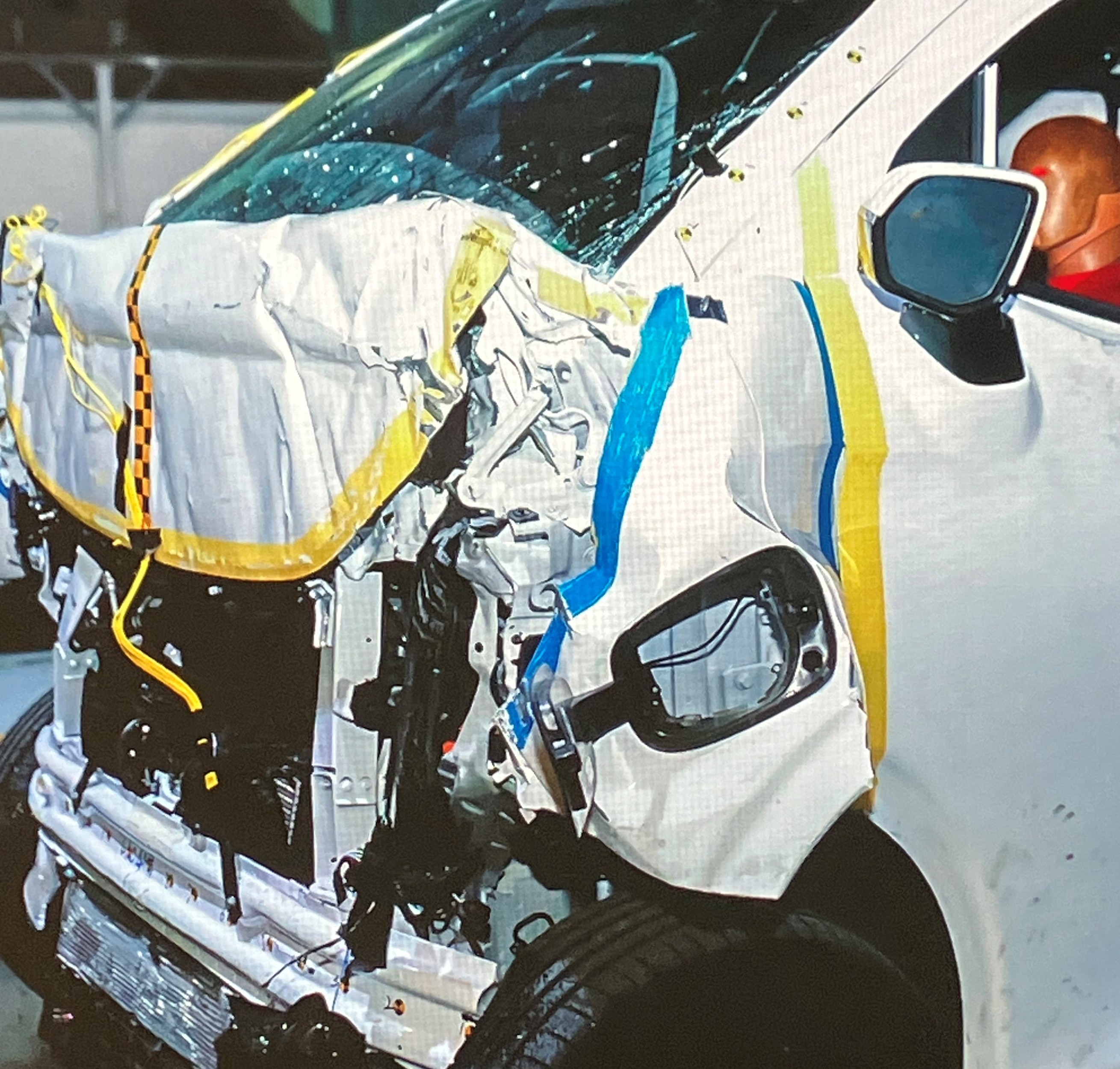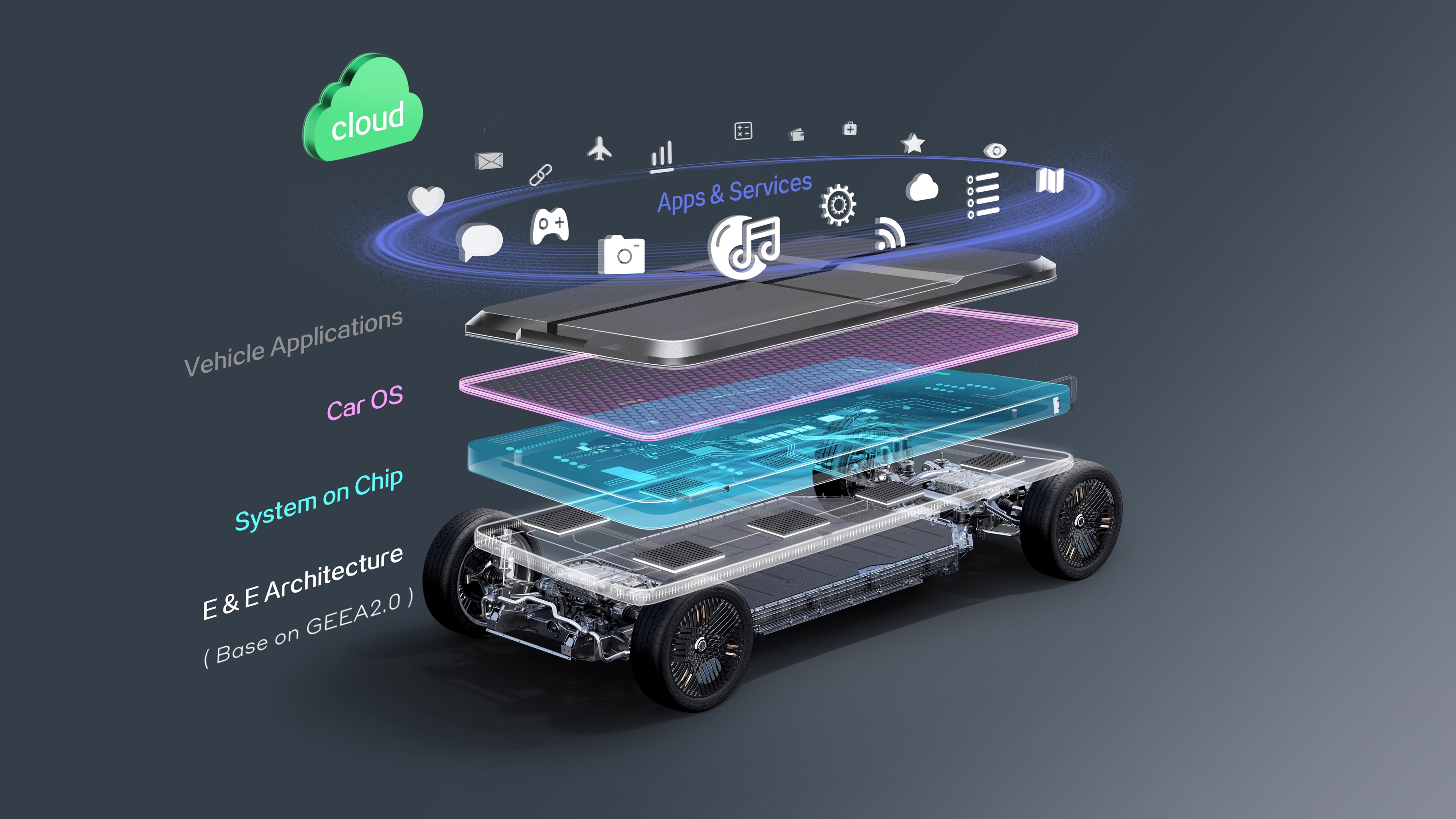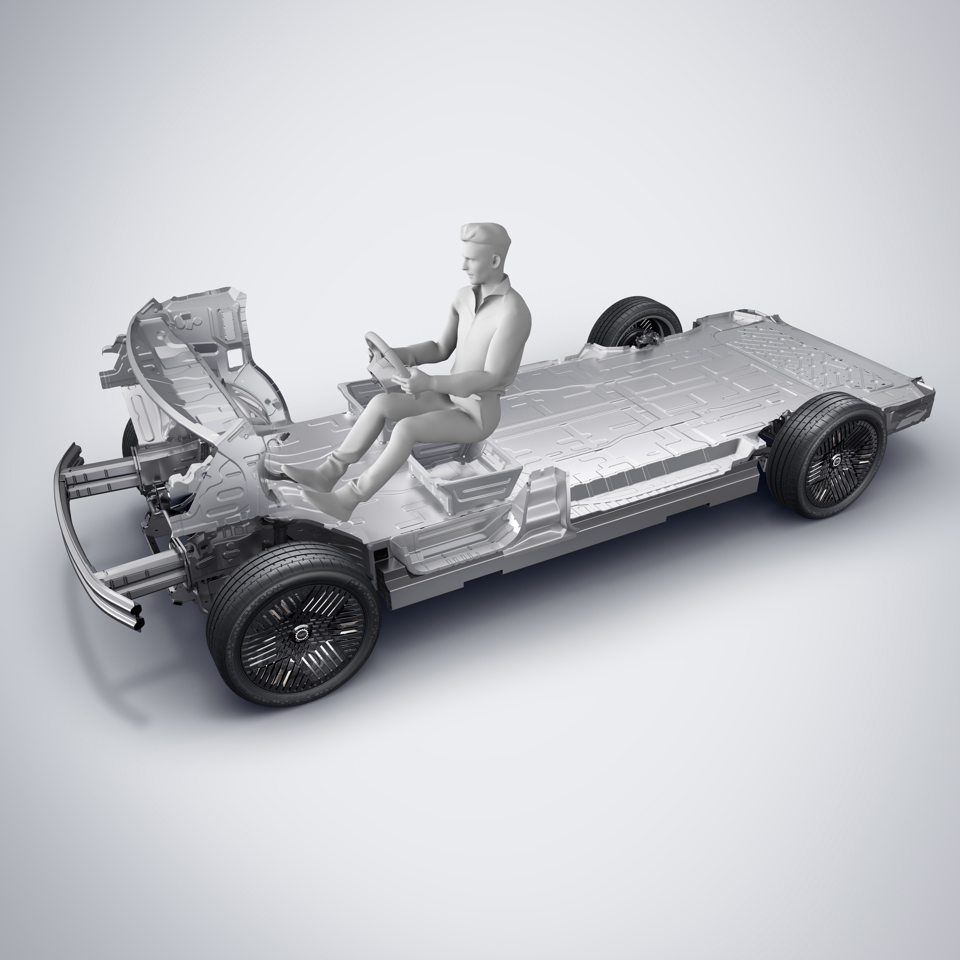LEVC, the specialist black cab manufacturer, is poised to launch a range of full electric cars and commercial vehicles promising up to 359 miles of range as it plans major global expansion.
While reluctant to reveal exact model details for the UK, LEVC (London EV Company) gave a clear indication of its ambitions at the unveiling of a new modular platform at its production facility at Ansty, Coventry.
“This platform is an overview of our capabilities and scalability,” said LEVC UK managing director Chris Allen. “We aren’t giving specifics – that’s the next stage. We have to align the right products with the right markets. But we have big ambitions that span from passenger luxury consumer through business to utility vans.
"This platform gives us the flexibility and it satisfies the BEV range.”
According to Kent Bovellan, LEVC chief architectural engineer, the SOA platform – Space Oriented Architecture – can accommodate five structural types to suit more than 40 model variants. These include small car (A-B sectors), compact/mid-size (B-D), large premium/sport (D-F), large/luxury (F+) and light commercial vehicle.
The platforms will be divided into two chassis options: a premium product with rear multi-link suspension and a commercial platform with stiffer leaf spring rear for loading.
Bovellan said the SOA was designed to meet five brand pillars: space, safety, performance, smart and green. It is also specific to LEVC and will not be shared across parent company Geely’s other brands, which include Volvo, Polestar and Lotus.
The platform extends from 4,860mm to 5,995mm in length - making it ideal for SUVs, MPVs, executive cars and light commercial vehicles - with a generous wheelbase from 3,000mm to 3,800mm. It can fit up to four rows of seats with two middle rows sitting on the same rail to enable them both to slide forward and back. The middle sections and rear seats can fold flat.
Batteries are located under the driver’s seat to further free up space. LEVC claims 75% utilisation of cabin space compared to a competitor average of 67%.
Prototype bodies have returned a five-star Euro NCAP overall rating, while LEVC goes beyond the single side-pole crash test to repeat along 15 points of the body to ensure all occupants and the battery are fully protected.

Three battery options will be offered: 73kWH with WLTP range of 225 miles; 102kWH with 308 miles; and 120kWh with 359 miles. The smaller battery is conventional lithium-ion but the larger two are nickel-cobalt-manganese.
Average efficiency is claimed to be 2.9mi/kWh, while charging from 10-80% will take 30 minutes.
The platform integrates the latest digital technology, which LEVC calls L-OS. It has been built for future mobility including autonomous capability and intelligent cockpits. It also enables face recognition, voice control and over the air updates.

With further details expected later this year on the cars and vans LEVC will bring to the UK, the initial models launched until 2025 will have L2 conditional automation, with features such as lane keeping and traffic jam pilot. From 2025, they will have L4 capability for self-driving, valet parking and platoon driving.
David Yu, LEVC’s electronics expert, said: “We will have automated driving from 2025 but the timepoint will be when the regulations are implemented: this is why we have it within our own plan, so we are ready to fulfil the customer needs at that time.”
Production for the expanded range of cars and vans is likely to take place at the Ansty production plant. It has capacity for 20,000 units a year but it currently making 3,000 taxis and VN5 range extender vans.
“Our factory is scalable for tomorrow,” added Allen. “We are on a glide path where out targets, Government targets and social requirements are all coming to fruition and we want to be at the front of that wave.”
LEVC will use its existing dealer network of 27 sites as its main route to market for sales and aftersales, as well as having direct relationships with some larger fleets.





















Login to comment
Comments
No comments have been made yet.